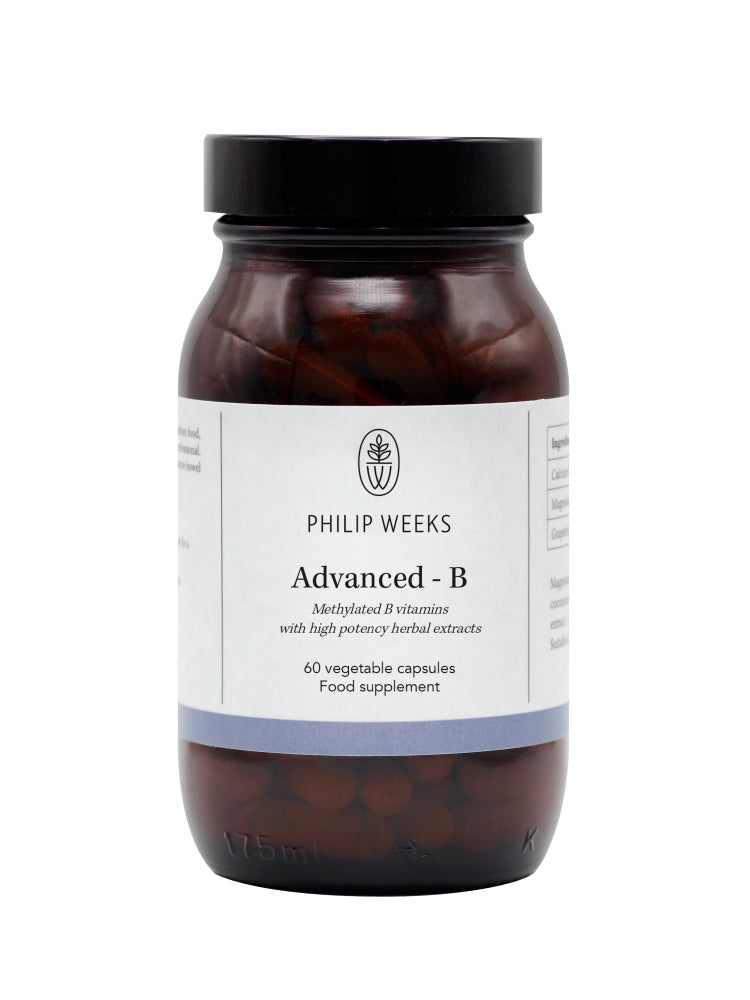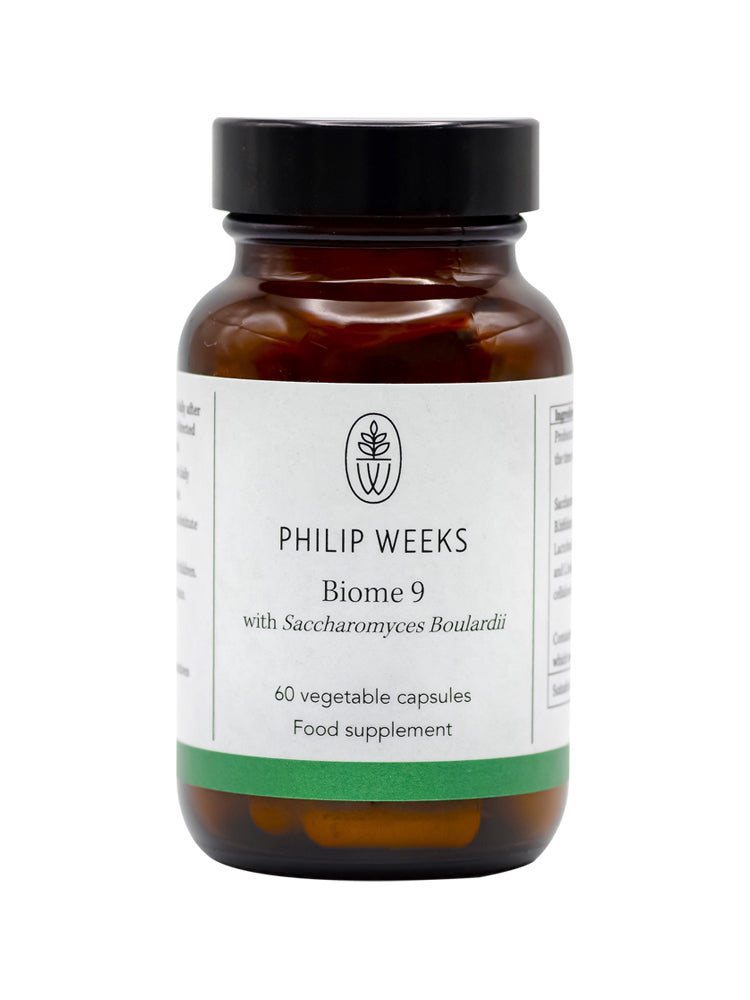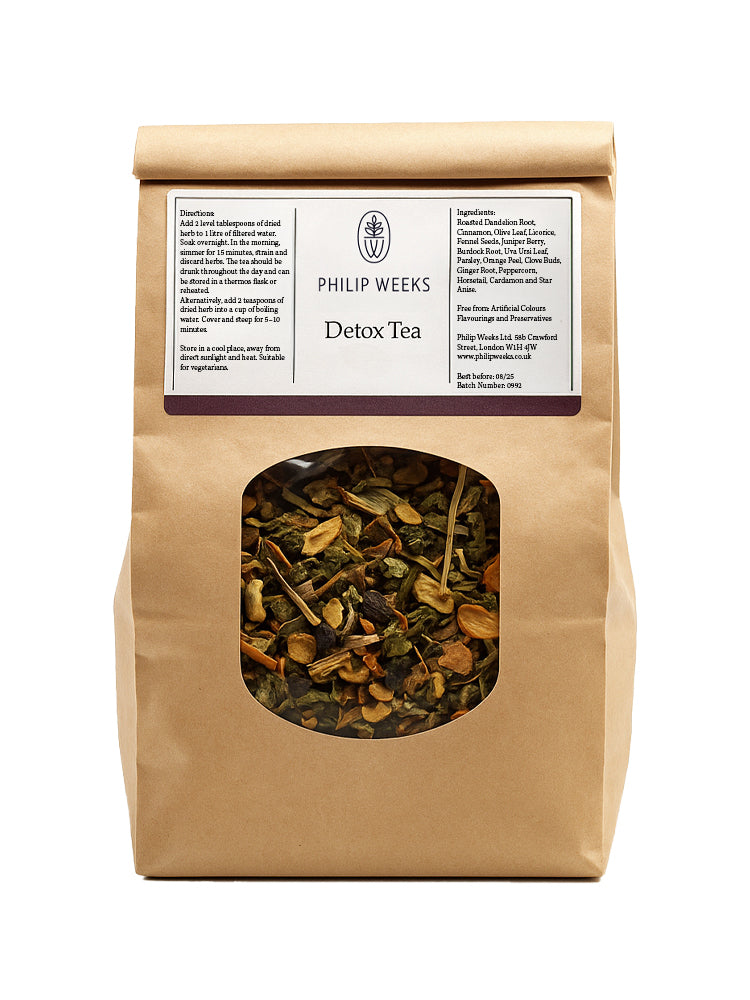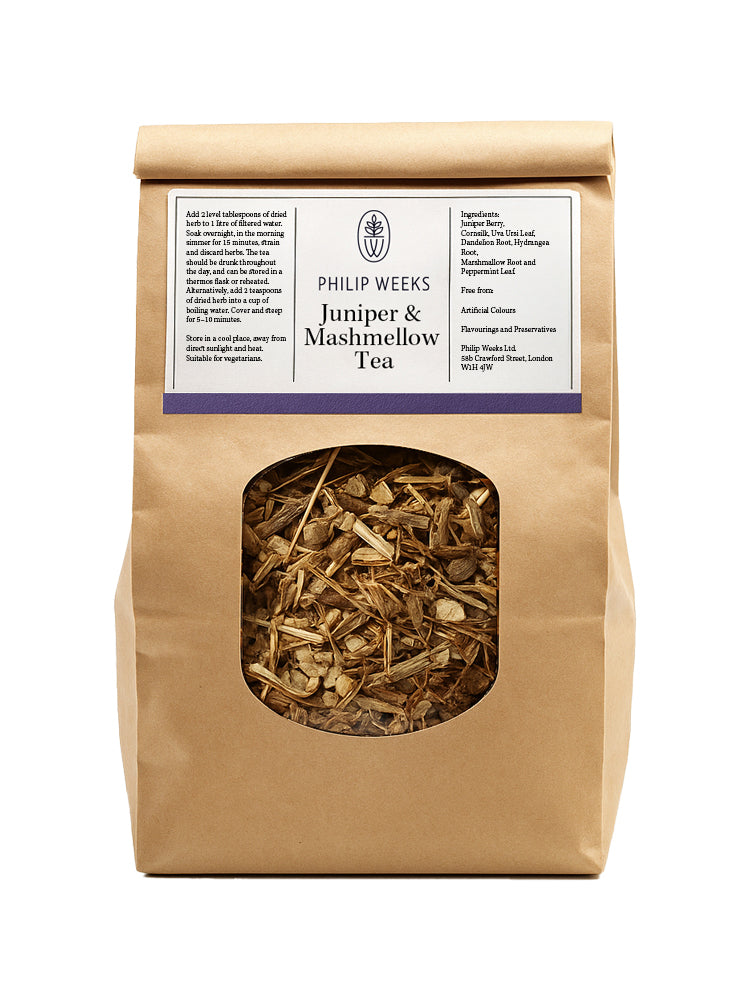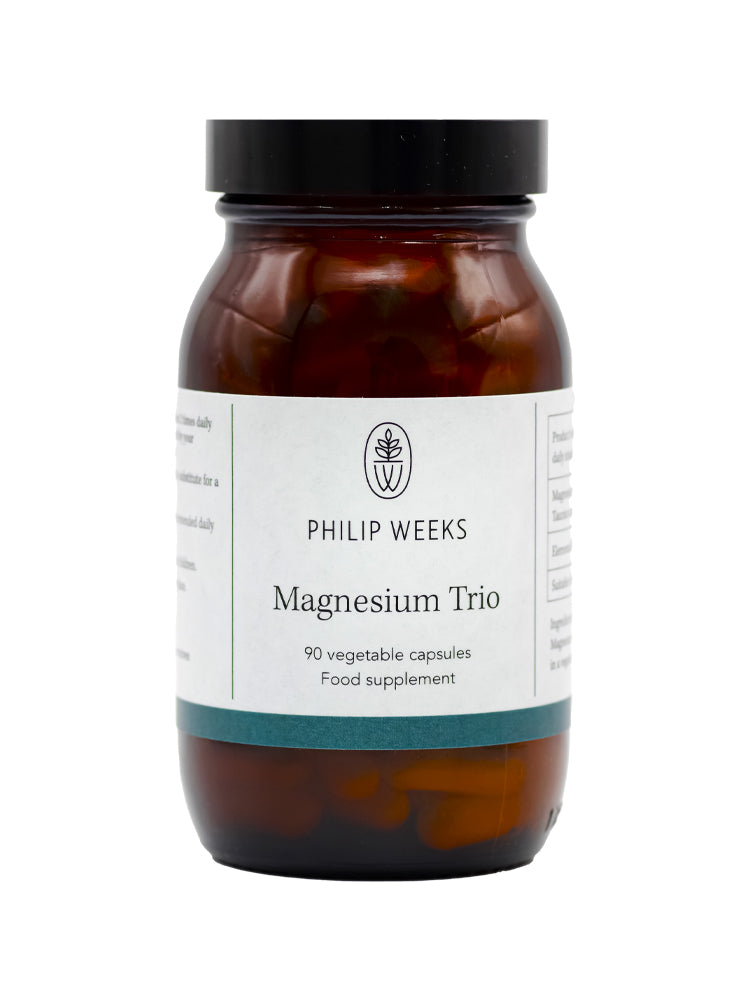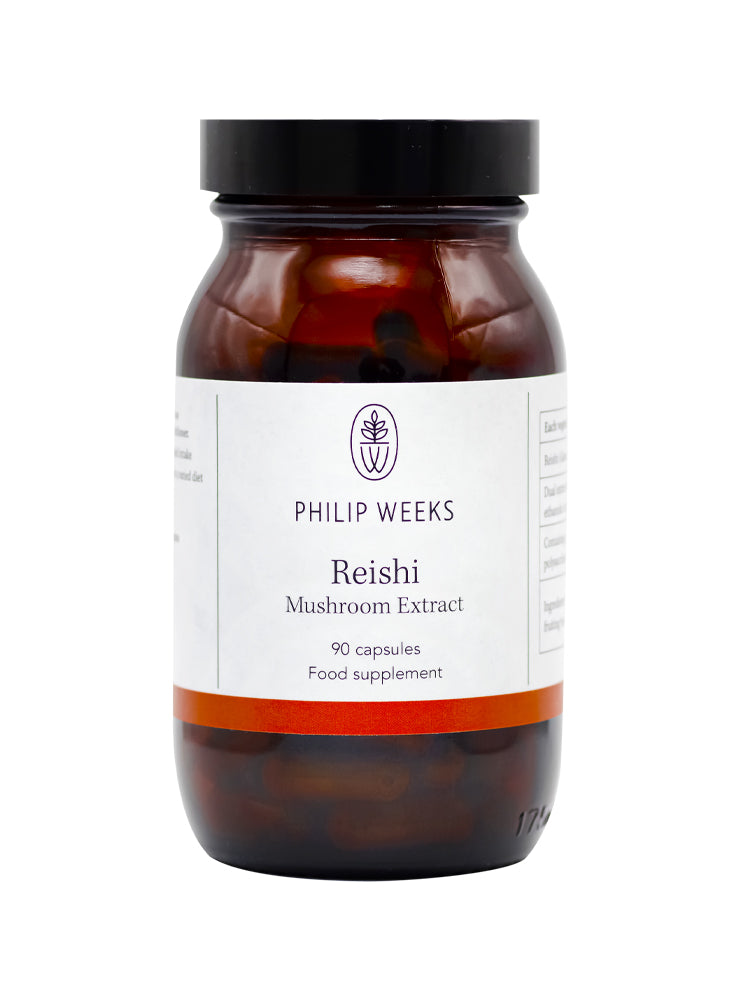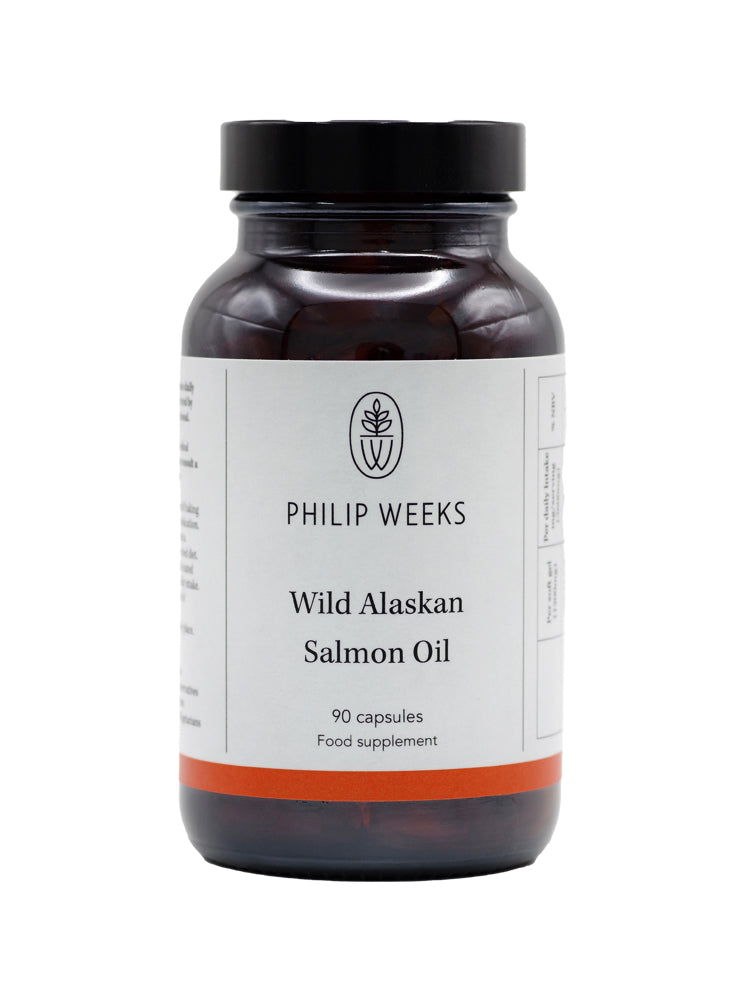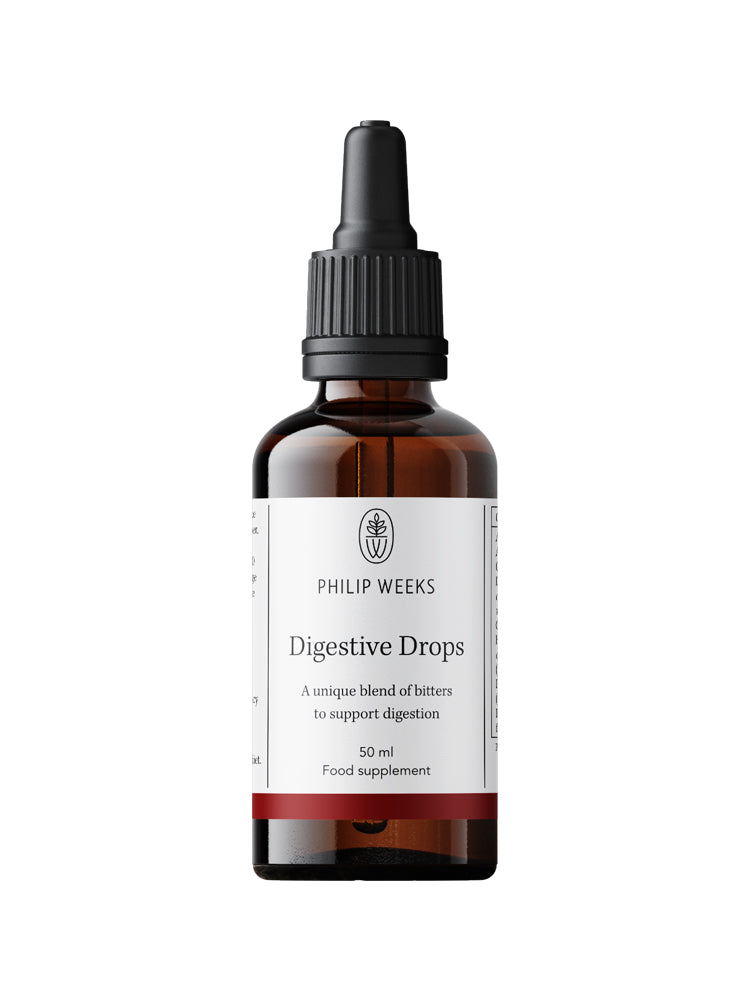Much of the modern western diet comprises of the sweet and salt taste. However, in ancient medical traditions the intake of different tastes is understood to be crucial for our health.
Bitterness is one of the basic tastes our taste buds can detect, alongside sweet, sour, salty, and umami. It tends to be a taste that is avoided in food and even in herbal remedies it is often disguised by being capsulated, so we don’t have to endure the taste!
However, we should all expose our pallet to a little bitter where possible.
Bitter foods can play a helpful role in digestive health. When we consume bitter substances, they stimulate the production of digestive juices, including stomach acid and enzymes. This enhanced digestive process facilitates the breakdown of food, leading to better absorption of nutrients. Bitters can also support liver function, aiding in detoxification and promoting a healthy metabolism.
The bitter taste is often present in leafy greens (e.g., kale, arugula, and dandelion greens), cruciferous vegetables (e.g., broccoli and Brussels sprouts), and certain fruits (e.g., grapefruit and bitter melon).
When we eat bitter tasting herbs and foods this can help stimulate the vagus nerve through the tongue, which connects the brain to the entero-endocrine cells lining the mucosa of the gastrointestinal tract.
The stimulation of the entero-endocrine cells can:
- Increase salivation
- Stimulate the hydrochloric acid production in the stomach
- Relax the oesophagus and regulates the digestive sphincters.
- Improve enzyme secretion from the pancreas improving nutrient absorption
- Supporting peristalsis
- Help blood sugar balance
The entero-endocrine cells have many functions, many of which we are only beginning to discover. They have a role in the excretions of important hormones such as serotonin, cholecytstokinin (CCK), gastrin and ghrelin. The stimulation of these cells can help the regulation of appetite and food cravings.
Using bitter extracts
There is a long tradition in many cultures of taking bitter substances to support digestive function. The romans would add bitter plant extracts to wine to help with digestion, it has a long tradition in both Chinese and Ayurvedic medicine.
As bitters can help us digest heavy meals it can be particularly useful around Christmas!
Digestive Drops
I created the digestive drops for this very purpose. 5 to 20 drops taken after a meal can support our digestion. It is formulated with a special blend of botanicals from roots, leaves and other extracts.

Angelica root (Angelica archangelica)
Carminative for the stomach. Balances appetite,
Artichoke (Cynara scolymus)
Increases the flow of bile to assist if the digestion of fats.
Cardamom seed (Elettaria cardamomum)
Soothing to the digestive system, helps with cramping and gas.
Dandelion Root (Taraxacum officianlis)
A bitter tonic that has been traditionally used for indigestion and to support the liver.
Fennel seed (Foeniculum vulgare)
Soothing and balancing for the stomach.
Gentian root (Gentiana lutea)
Known as the king of bitters, support the production of digestive juices and reduces sugar cravings.
Ginger root (Zingiber officinale)
Warming and anti-inflammatory. Often used for motion sickness, it also helps with absorption of nutrients.
Hawthorn Berry (Crataegus oxycanthoides)
Used in traditional Chinese medicine to support digestion and the circulation in the gut.
Meadowsweet herb (Filipendula ulmaria)
Helps to balance the pH of stomach acid.
Aged Tangerine Peel (Citrus reticulata) – ‘Chen Pi’
Helps to increase digestive capacity and reduce bloating.
Wormwood (Artemisia absinthium)
A bitter tonic, used in the making of absinthe, has long been used to help digest heavy food, to reduce wind and increase digestive strength.
Breit, S., Kupferberg, A., Rogler, G. and Hasler, G., 2018. Vagus Nerve as Modulator of the Brain–Gut Axis in Psychiatric and Inflammatory Disorders. Frontiers in Psychiatry, 9.


